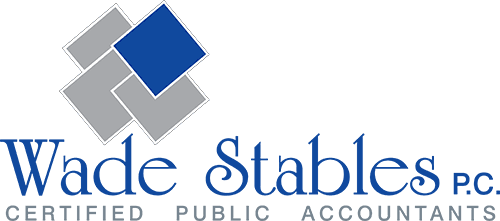Does your business own real estate titled under the business’s name? With long-term tax, liability and estate planning advantages, separating real estate ownership from the business may be a better choice. For example, C corporations treat real estate like other business assets. Expenses related to owning the assets are generally tax deductible in the year incurred. However, when the business sells real estate, the profits are taxed twice, at the corporate level and at the owner’s individual level when a distribution is made. But if the real estate ownership is transferred to a pass-through entity instead, the sale profit will be taxed only at the individual level. Contact us to learn more.
Read More...
As year end approaches, you may be thinking about tax strategies. One way to reduce potential estate taxes and show generosity to loved ones is to give cash gifts before Dec. 31. Taxpayers can transfer large amounts using the annual exclusion. In 2024, the exclusion amount is $18,000. It covers gifts you make to each recipient. That means if you have three children, you can transfer $54,000 to them in 2024, free of federal gift taxes. Married couples can consent to give each recipient up to $36,000 a year. Other rules may apply, and you need to file a gift tax return if you give more than $18,000 or consent to give gifts with your spouse. We can prepare a gift tax return for you.
Read More...
Let’s say you have a sideline activity that you consider a business. Perhaps you offer photography services or sell handmade items online. Will the IRS agree that your venture is a business, not a hobby? It’s an essential question for tax purposes. If the expenses from an activity exceed the revenues, you have a net loss. You can’t necessarily deduct that loss on your federal income tax return. The IRS often claims that money-losing sidelines are hobbies rather than businesses, and the tax rules for hobbies aren’t favorable. However, we may be able to help you prove your money-losing activity is really a for-profit business that hasn’t paid off yet. That way, you can deduct the losses.
Read More...
If you have a child or grandchild planning to attend college, you may wonder about investing in a qualified tuition program or 529 plan. You don’t get a federal tax deduction for contributions, but the earnings aren’t taxed while the funds are in the program. (There may be a state deduction in your state.) You can change the beneficiary without income tax consequences. Distributions are tax-free up to the amount of the qualified higher education expenses. These include tuition (up to $10,000 for an elementary or secondary public school), fees, books, supplies and required equipment. Room and board are also qualified expenses if enrolled at least half time. Contact us to learn more.
Read More...
Divorce entails difficult personal issues, and taxes are probably the farthest thing from your mind. However, they should be considered to keep taxes to a minimum. For example, if you sell your personal residence or one spouse remains there while the other moves out, you want to ensure you’ll be able to avoid tax on up to $500,000 of gain. A spouse’s retirement benefits and business are often part of a divorce settlement and must be handled carefully. You also must decide how to file your tax return for this year (married filing jointly, married filing separately or head of household). There may be other issues you have to deal with. We can help you cope with divorce financial issues.
Read More...










